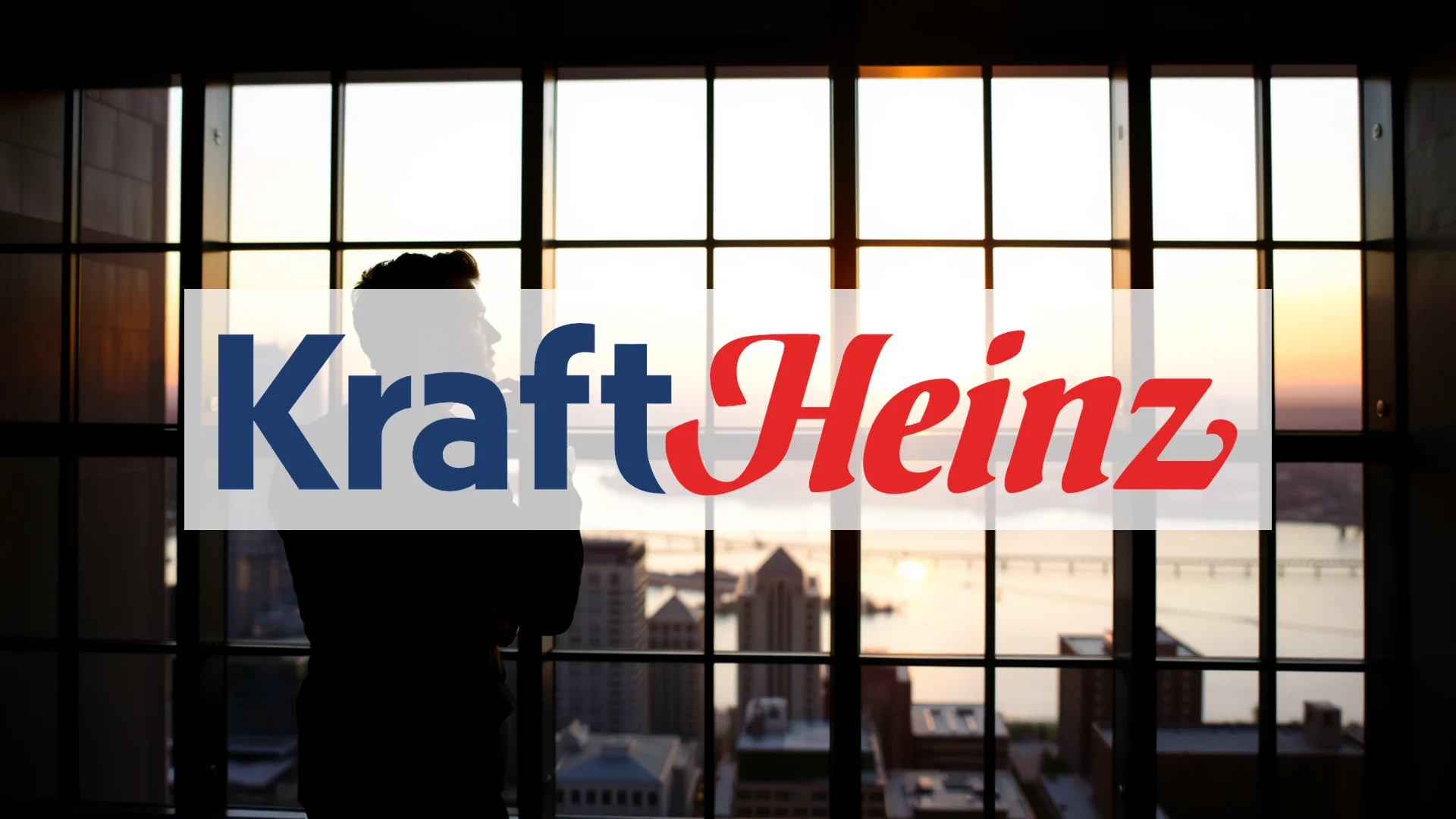The planned corporate separation of food industry titan Kraft Heinz has created a sharp divergence of opinion among its largest shareholders. As the company embarks on its most significant restructuring to date, institutional investors are executing diametrically opposed trading strategies, highlighting the uncertainty surrounding the massive undertaking.
Institutional Investors Place Conflicting Bets
Recent regulatory filings reveal a stark lack of consensus among major investment firms regarding Kraft Heinz’s future. Integrated Wealth Concepts LLC dramatically reduced its stake by selling approximately 16,000 shares, representing a 41.7% decrease in its position. Conversely, Swedbank AB significantly increased its exposure to the company, purchasing more than 104,000 additional shares for a 13.6% boost to its holdings.
This conflicting activity among professional money managers, who collectively control 78.17% of all outstanding shares, underscores the difficulty in assessing the potential impact of the proposed corporate split. Their continued divergent approaches will likely contribute to ongoing stock price volatility.
Historic Corporate Separation Planned
At the heart of this investor confusion lies Kraft Heinz’s radical strategic initiative: a complete separation into two independent, publicly-traded entities. The company’s board of directors has unanimously approved the tax-free separation, which is targeted for completion in the second half of 2026.
The restructuring aims to create two more focused business units:
• Global Taste Elevation Co.: Featuring powerhouse brands including Heinz, Philadelphia, and Kraft Mac & Cheese, this entity reported $15.4 billion in revenue for 2024.
Should investors sell immediately? Or is it worth buying Kraft Heinz?
• North American Grocery Co.: Housing popular products such as Oscar Mayer, Kraft Singles, and Lunchables, this division generated $10.4 billion in sales.
Management believes that simplified organizational structures will enhance shareholder value. The combined dividend payout from both new companies is expected to be maintained at least at current levels.
Wall Street Maintains Cautious Stance
Despite the ambitious nature of this corporate overhaul, Wall Street analysts remain largely skeptical. The prevailing consensus recommendation continues to be “Reduce.” Wells Fargo adjusted its price target downward to $27, while Stifel Nicolaus set its target at $28. In a modest positive development, Goldman Sachs upgraded its rating from “Sell” to “Neutral.”
The company’s recent quarterly performance exceeded earnings expectations with EPS of $0.69, though revenue declined by 1.9% to $6.35 billion. Looking ahead to 2025, Kraft Heinz provided EPS guidance between $2.51 and $2.67.
The fundamental question facing investors is whether this corporate division will genuinely unlock value or simply distribute existing challenges across two separate entities.
Ad
Kraft Heinz Stock: Buy or Sell?! New Kraft Heinz Analysis from February 7 delivers the answer:
The latest Kraft Heinz figures speak for themselves: Urgent action needed for Kraft Heinz investors. Is it worth buying or should you sell? Find out what to do now in the current free analysis from February 7.
Kraft Heinz: Buy or sell? Read more here...










